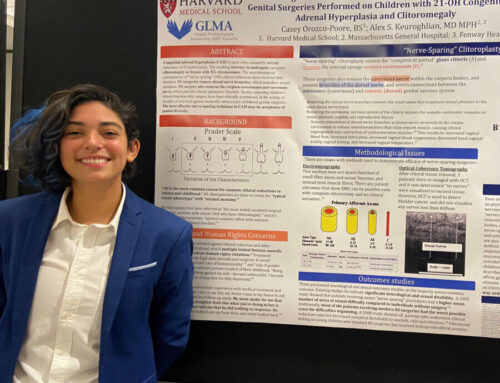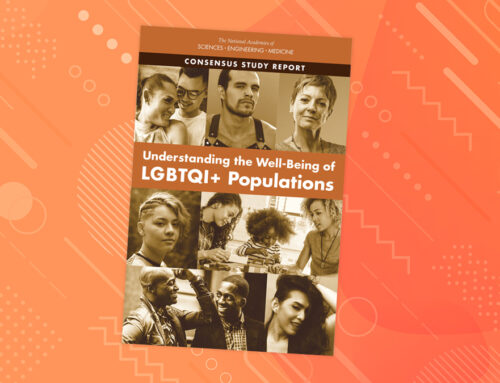by Arlene B. Baratz, MD
Chair, Medical and Research Policy Committee: interACT Advocates for Intersex Youth
Coordinator, Medical and Research Affairs: AIS-DSD Support Group

In 2017, FDA announced that pediatric anesthesia may negatively affect brain development and issued its strongest possible warning. [16] The potential risk of anesthetic neurotoxicity in children with SWCAH is highlighted by results of a March 2018 study that are generalizable to other populations because of the large number of children evaluated. A large population-based study from Australia shows that young children exposed to general anesthesia have poorer development on school entry testing and worse results on subsequent standardized school tests than their unexposed peers, especially if they are repeatedly hospitalized.[17] Schneuer et al, in The Impact of General Anesthesia on Child Development and School Performance: a Population-based Study correlate school data with anesthetic exposure in children from Australia’s state of New South Wales (NSW). Among those exposed to general anesthesia, internationally-validated developmental assessment measures are available for 82,156 children, and nationally-validated school test results for reading and numeracy (ability to work with numbers) for 153,025 children. 16% of children were exposed to anesthesia. Children with major congenital and neurocognitive conditions are excluded to rule out potential effects of conditions that may affect cognition.
To assess development at school entry, children in NSW are given the AvEDI, a developmental test that assesses social
competence as well as 5 domains: physical health and well-being, emotional maturity, communication skills and general knowledge, language, and cognitive skills (numeracy and literacy). Scores in the lowest 10% in 2 or more domains indicate high developmental risk. Children undergo reading and numeracy testing in Grade 3.
Children with more than one general anesthetic exposure were at risk of poor developmental outcomes before starting school; more than one exposure correlated with substandard reading and numeracy scores on school testing exposures to general anesthesia. A single hospitalization involving anesthesia exposure was only associated with poorer numeracy.
These findings have special relevance for children with CCAH, for whom repeat surgery in early childhood is not uncommon. Prospective study of FG performed in the ideal setting of a multidisciplinary clinic by expert surgeons reveals that 10% of children with CCAH experienced major complications and underwent repeat surgery in the first year alone.[18] The HRW report indicates that some parents were not informed of potential neurotoxic effects of anesthesia.[6] Disclosure of anesthetic risk for procedures that are completely elective and unlikely to affect short-term health, such as early FG, should prompt serious consideration of deferring those procedures[19], especially in medically-vulnerable children with CCAH.






